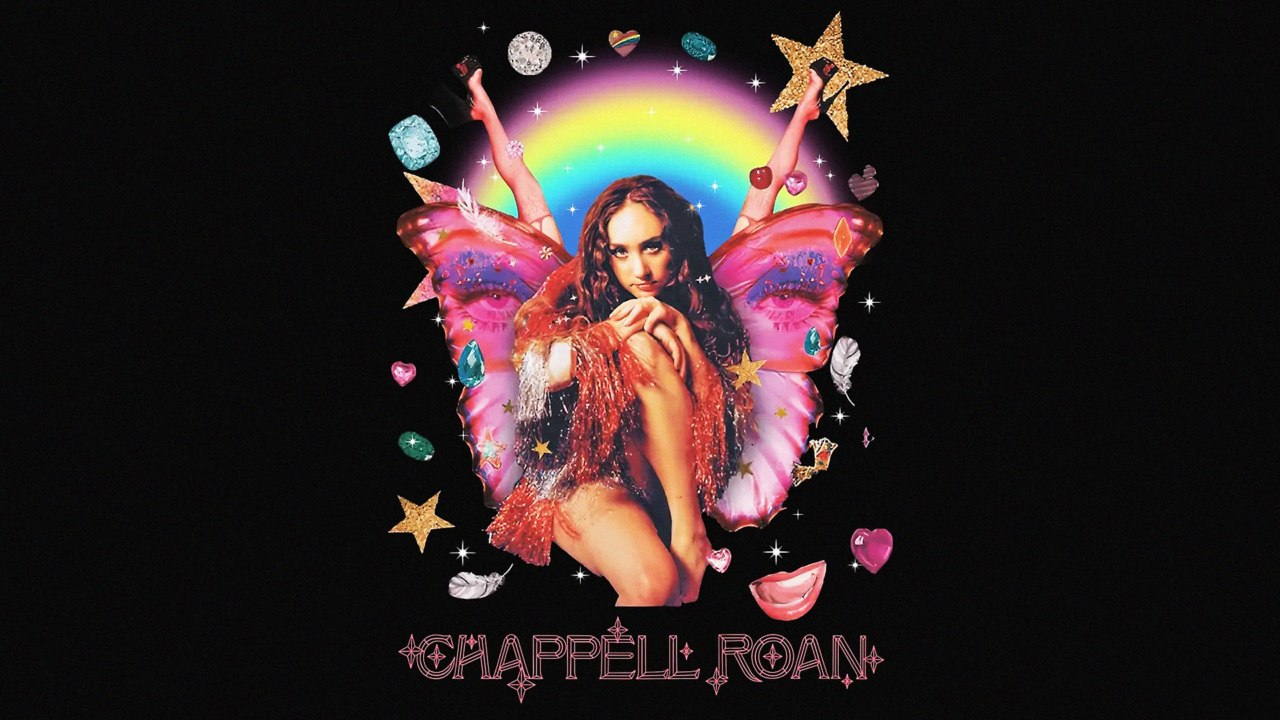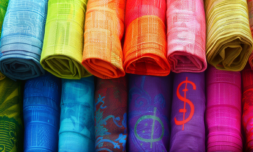The singer has faced backlash for high prices, but sustainable clothing comes at a cost.
Chappell Roan has established herself as a no-holds-barred, unapologetic breed of celebrity. Despite being only 26-years-old, the singer has made headlines for speaking out against harassment and candidly sharing her struggles with mental health and fame.
This kind of boldness isn’t without consequences, of course. The media have jumped on Roan relentlessly since she entered the spotlight, and the cycle of criticism launched at the star has recently amped up over her tour merchandise.
Fans and journalists have raised eyebrows at the pricing of Roan’s ‘Pink Pony Club’ t-shirts, which are retailed at $40, leading to a heated debate around the cost of clothing. But it’s a conversation we’ve needed to have for some time.
The reason for the pricing comes down to materials and production. Roan’s tour t-shirts have been made in collaboration with Everybody World, a brand based solely in North America which claims to use 100% reclaimed cotton waste and no virgin resources.
In order to achieve these production pillars, as well as pay fair wages to employees, brands inevitably have to increase prices. But the response to Roan’s merch proves that fast fashion has warped our perception of what clothing is worth. We’ve become so accustomed to cheap, mass-produced garments that we’ve forgotten what it takes to produce ethical, sustainable fashion.
Every year, the global fashion industry consumes 24.6 trillion gallons of water – enough to provide drinking water for five million people. Fast fashion is a significant driver of this consumption, not to mention the fact that the industry accounts for 8-10% of global carbon emissions.
Polyester, a fabric used in much of the cheap clothing churned out by fast fashion giants, is derived from crude oil – a resource that is anything but sustainable.
In contrast, Chappell Roan’s decision to use recycled cotton represents an intentional shift toward ethical practices, and such choices come with a price.


















